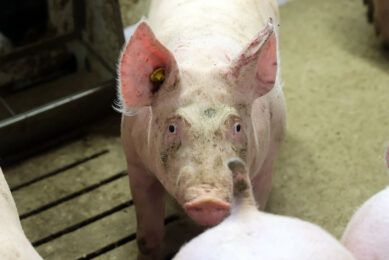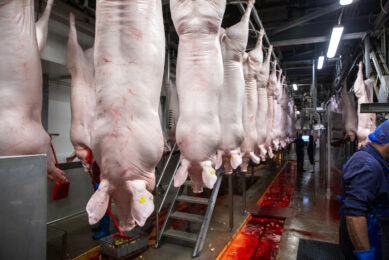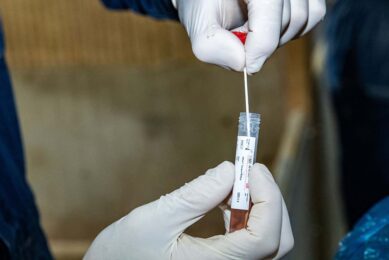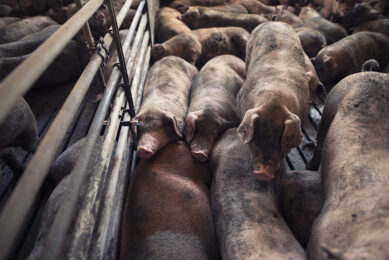Pig flu virus in domestic Korean pigs
Scientists from Pukyong National University claim they have identified the highly infectious H3N1 swine influenza virus in domestic pigs in South Korea.
The H3N1 influenza A virus is a new genetic reassortment of influenza viruses that was first identified in US pigs in the year 2004.
The virus can be found in birds and mammals, including humans, although it is not transmissible between birds and humans.
Commercial pig farms
Earlier this year, researchers isolated H3N1 viruses in pigs with respiratory diseases at two commercial pig farms in Korea.
Further testing confirmed the H3N1 viruses presenting were reassortments of an H3 human-like virus and other genes from swine influenza viruses and that pig-to-pig and farm-to-farm transmission had occurred.
Potential infections
Additionally, analysis of experimentally infected mice suggested the potential to transmit the virus between pigs and other mammalian hosts.
“Given the evidence that pigs can support the reassortment of influenza viruses from humans and other species, it is prudent that we enhance surveillance for atypical influenza viruses in pigs as part of overall pandemic preparedness efforts,” the scientists said.
Related website:











